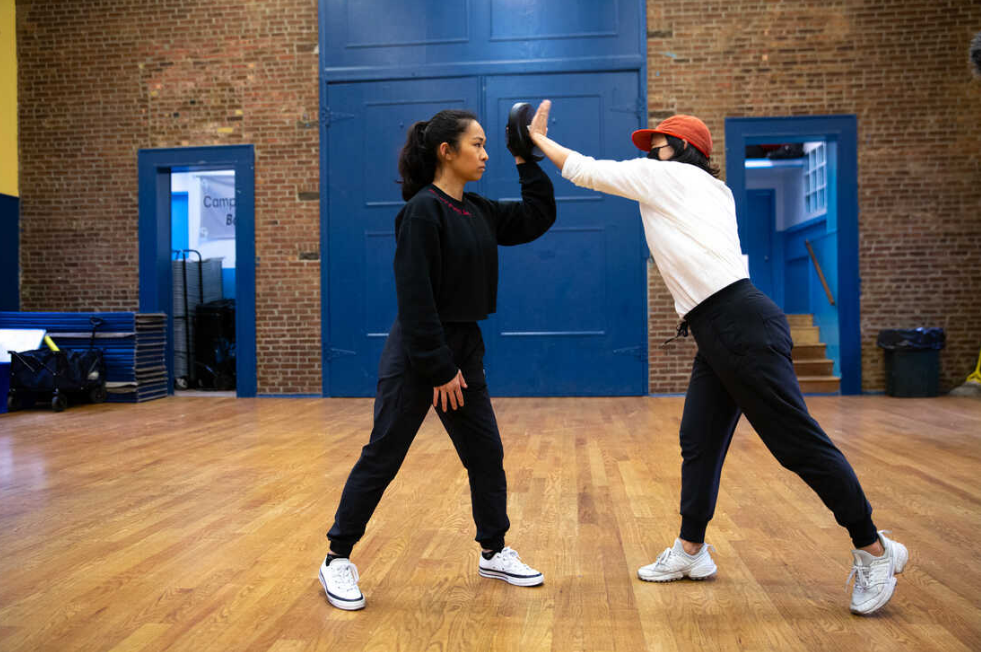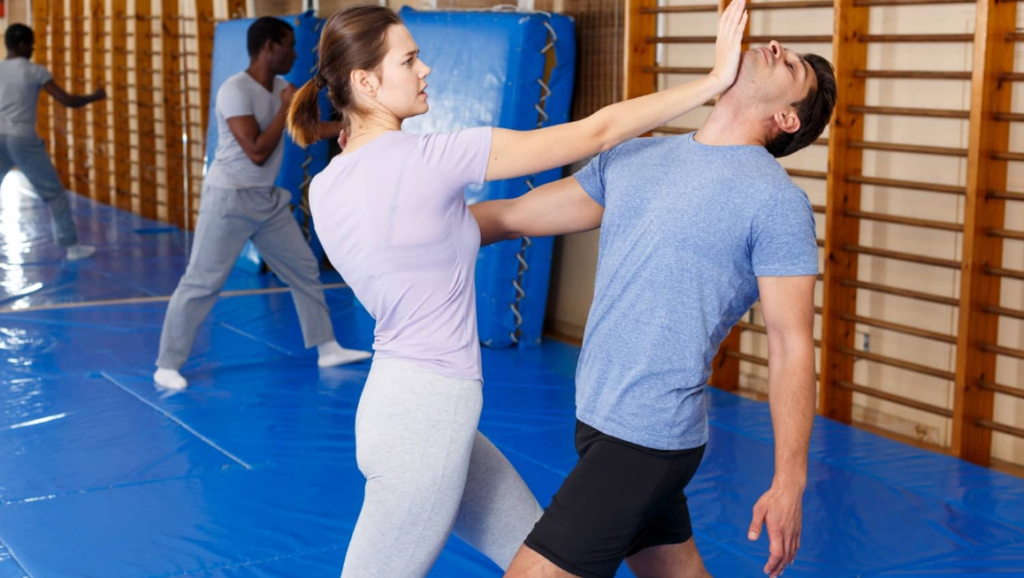In today’s world, having self-defense classes is not just about physical safety; it’s about empowerment and finding inner balance. Martial arts and yoga, seemingly different practices, can complement each other in the pursuit of self-defense. If you’re interested in a little self-improvement, it’s worth a go.
Let’s explore how inspired self-defense techniques draw are derived from these disciplines, offering a holistic approach to personal improvement.
The Power of Breath Control
Breath control is a fundamental aspect of both martial arts and yoga. By mastering our breath, we can stay calm and focused even in high-stress situations. During an encounter, maintaining steady and controlled breathing can enhance our self-defense abilities, allowing us to respond effectively.
Utilizing Flexibility and Balance
Yoga emphasizes flexibility and balance, qualities that are invaluable in self-defense. Through regular practice, we can increase our range of motion and improve our coordination. These skills enable us to execute self-defense techniques that rely on agility and precise movements.
Harnessing Mindfulness and Awareness
Martial arts and yoga also teach us to be mindful and aware of our surroundings. By developing situational awareness and intuition, we can detect potential threats early on and make informed decisions. Practicing mindfulness helps us remain present and alert, allowing us to react swiftly and appropriately in self-defense scenarios.

Embodying the Principle of Nonviolence
The yogic principle of nonviolence, known as ahimsa, teaches us to avoid causing harm to ourselves and others. In self-defense classes in Slough, this means seeking alternatives to physical confrontation whenever possible. Strategies for de-escalation and conflict resolution become powerful tools for personal safety.
Leveraging Body Mechanics and Energy Flow
Martial arts and yoga principles emphasize the efficient use of body mechanics and energy flow. By understanding how to leverage an opponent’s strength and momentum, we can neutralize threats effectively. These techniques allow us to defend ourselves without relying solely on brute force, empowering us to overcome physical disadvantages.
Cultivating Mental Resilience and Confidence
Building mental resilience through martial arts and yoga practice is a crucial aspect of self-defense. The discipline required in training translates into the ability to stay calm and focused during high-pressure situations. Confidence is also vital; believing in our ability to defend ourselves enhances our self-defense skills and deters potential attackers.
Conclusion
Self-defense classes are not just about learning techniques; it’s about finding inner balance and personal empowerment. So, why not explore the benefits of martial arts and yoga for yourself? Embrace the journey towards finding inner balance and discover the profound impact it can have on your self-defense abilities.


